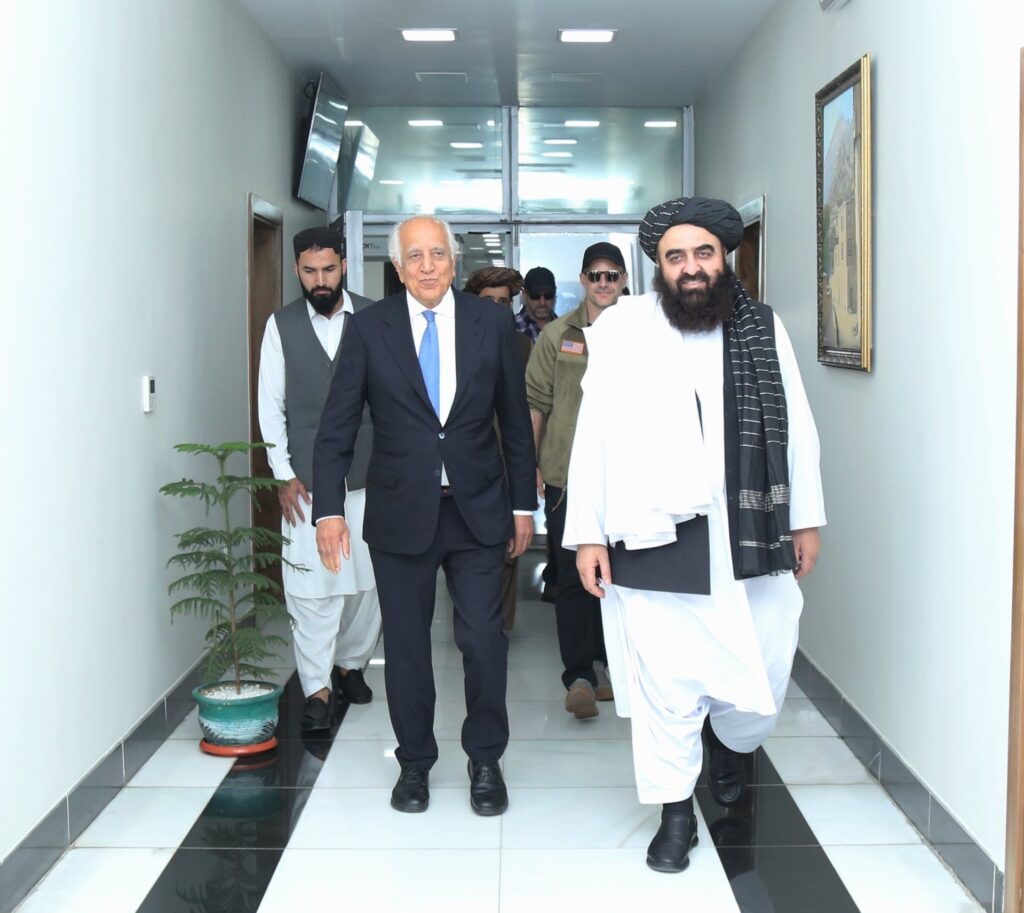A U.S. delegation led by Adam Boehler, the Special Presidential Envoy for Hostage Affairs, and including former diplomat Zalmay Khalilzad, has traveled to Kabul for talks with Taliban leaders.
According to the Taliban’s Interior Ministry, Acting Foreign Minister Amir Khan Muttaqi met with the delegation to discuss bilateral relations, investment opportunities, and issues concerning citizens of both countries. The Taliban said the talks were “comprehensive” and aimed at expanding cooperation.
Muttaqi described the visit as a chance to advance U.S.-Taliban ties, saying there were “no complicated problems” between the two sides that could not be resolved. He pointed to earlier discussions in Doha as groundwork for what he called a “good opportunity” to normalize relations with Washington.
The Taliban’s Foreign Ministry stated that both parties agreed to continue discussions, particularly on the situation of each other’s citizens imprisoned abroad. Boehler reportedly expressed condolences over the recent earthquake in western Afghanistan and called his previous March 2025 visit “constructive.” He added that more progress could be made through continued dialogue.

The Taliban quoted Boehler as saying the United States “respects the right of nations to choose freely” and does not seek to impose anything on the people of Afghanistan.
This marks the second American delegation visit since the Taliban takeover. The earlier trip in March led to the release of at least two U.S. citizens, after which Washington removed three senior members of the Haqqani Network, including Interior Minister Sirajuddin Haqqani, from its Rewards for Justice program.
The timing of this new visit is notable, coming just days after U.S. President Donald Trump signed an executive order on September 4 targeting countries accused of “wrongfully detaining” American citizens. An unnamed senior U.S. official told reporters that Afghanistan, Iran, and China are under review for potential enforcement of the order.
Under the decree, any country holding U.S. citizens unjustly could face sanctions, travel bans on officials, cuts in aid, and trade restrictions.
The visit highlights the delicate balance between Washington’s cautious engagement with the Taliban and its broader push to deter what it views as politically motivated detentions abroad.







